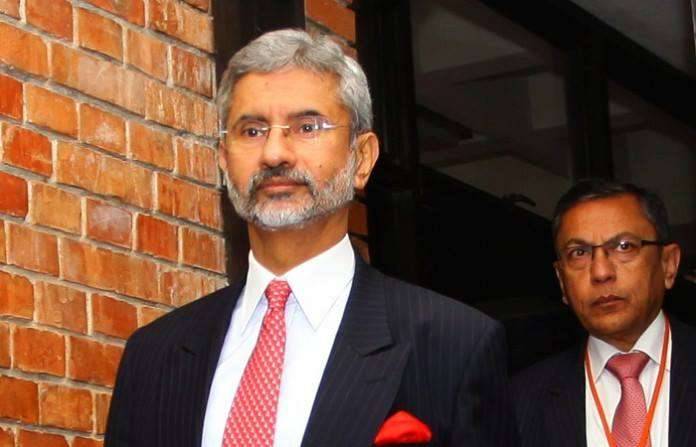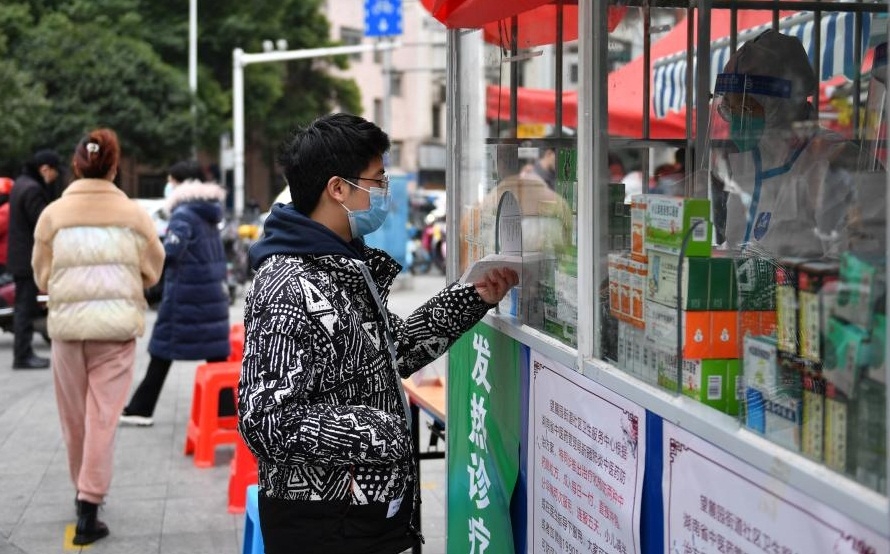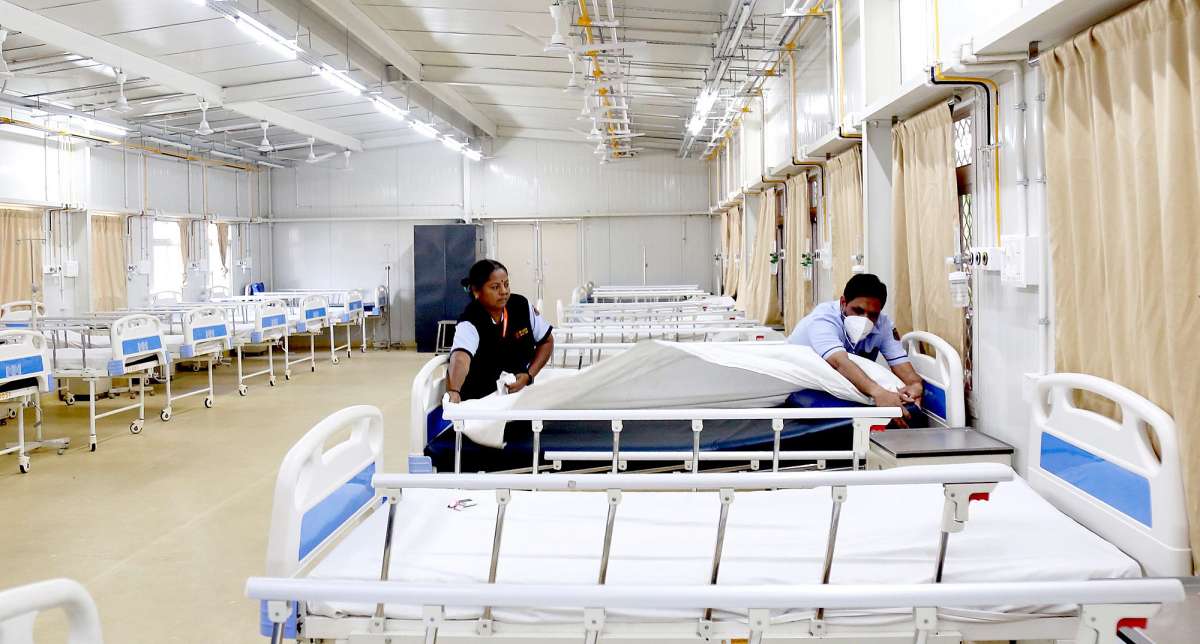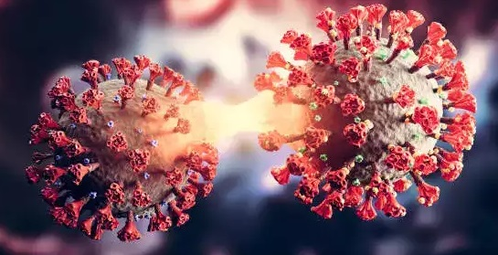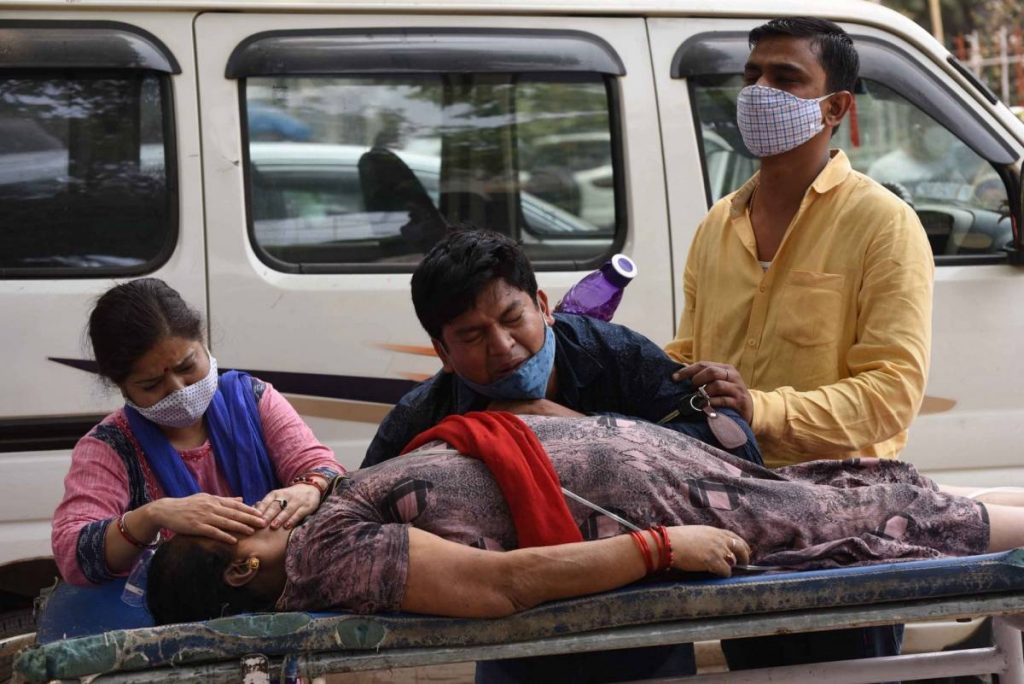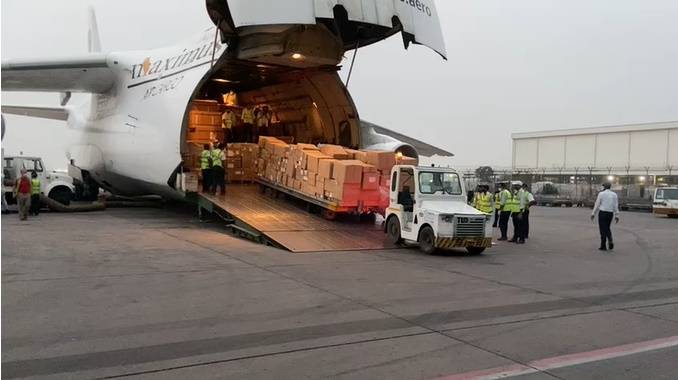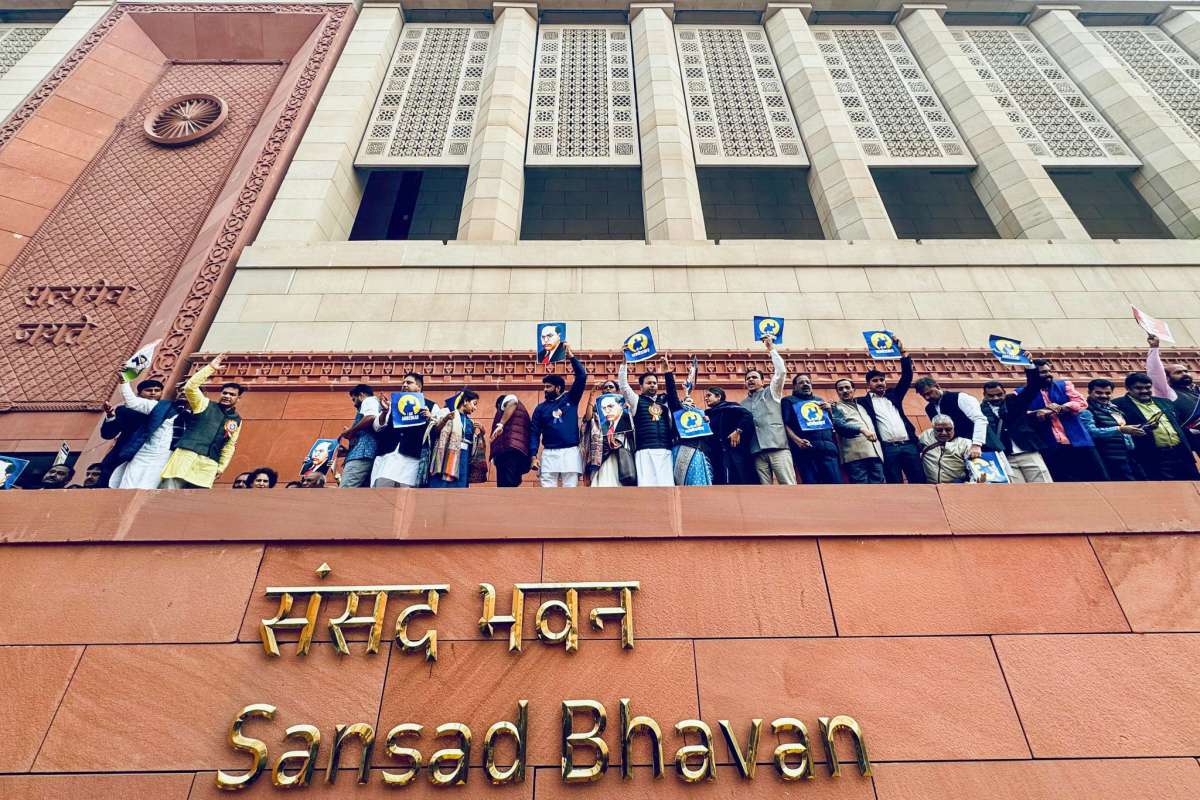The EAM outlined that better international cooperation can also be facilitated by improved national capacities…reports Asian Lite News
Describing the Covid-19 pandemic as a “black swan event,” External Affairs Minister S Jaishankar said even as some facets of the deadly virus have been addressed, “it continues its devastating course across geographies.”
“We, in India, are going through a particularly difficult situation right now. Understandably, the world’s attention is focused primarily on the public health response. The economic consequences of the pandemic were of course immediately felt, though its social ones are now also starting to be realized. What perhaps is yet to be fully comprehended is its long-term impact on the global order, including on the future of Asia,” the EAM said while addressing ‘Future of Asia’ Conference organized by Nikkei on Thursday.
He said the Covid-19 has reshaped the world by changing the perceptions and calculations of nations by bringing out the value of trust and transparency and the importance of reliable supply chains.
“Heightening risk aversion in a world now clearly more insecure and encouraging strategic autonomy to address over-dependence and focusing on the need to create greater global capacities so that pandemic-scale challenges are more effectively met, and by doing so promoting decentralized globalization and establishing resilient supply chains to de-risk the world economy,” he said.
“What we will now have to conceptualize is re-engineering the way the world works to prepare for and mitigate such cataclysmic events. Covid-19 has certainly triggered debates on issues like supply chains, global governance, social responsibility and even ethics. But for many of us gathered here today, it equally encourages an objective assessment of the contemporary world so that we are better prepared for tomorrow,” the EAM maintained.
He said making that happen requires decisions, initiatives and consultations at many levels.
ALSO READ: Govt cautions people on aerosol spread of Covid-19
“India, on its part, can help strengthen and de-risk the global economy through more effective partnerships. With Japan and Australia, we are working on a supply chain resilience initiative. Where the Quad arrangement that also involves the US is concerned, its agenda today covers vaccine collaboration, critical and emerging technologies, semiconductors, supply chains, critical materials and connectivity, amongst others. Recent Indian summits with the European Union and the United Kingdom, that saw advancement on FTAs, are also noteworthy in that regard,” he added.
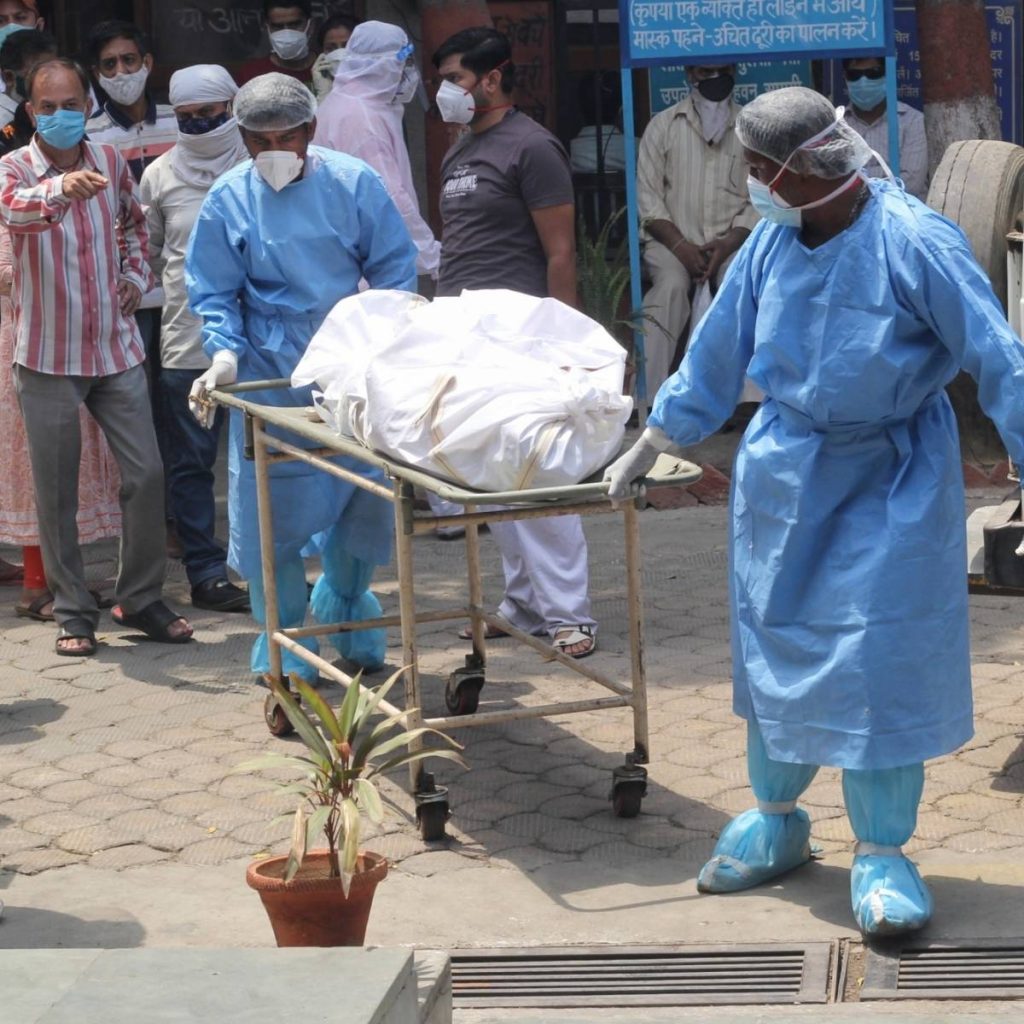
The EAM outlined that better international cooperation can also be facilitated by improved national capacities.
“If India is to make a real contribution to Asian and global economic recovery, it can start by helping itself more. Even while the Covid-19 was ongoing last year, bold reforms were undertaken in industry, agriculture, labour and education. Perhaps most relevant to this audience are the production-linked incentive (PLI) schemes to attract manufacturing in 13 sectors: mobiles and electronic components, KSM and APIs for pharmaceuticals, medical devices, electronic and technology products, drugs, telecom and networking products, food products, white goods, high efficiency solar PV models, auto and auto components, ACC battery, textile products and speciality steel,” he said.
ALSO READ: India’s Covid tally rises by 2.76L cases, 3,874 deaths
Talking about the impact of the pandemic on societies, he said, “Many societies – and I can certainly speak for India in this regard – have discovered the real potential of the digital in this process. Whether it was in terms of government or business or indeed education and health, the digital medium helped provide better and more effective solutions. Few believe that they will come through the Covid experience unaffected in their decision-making or indeed in their debates.”
“But traumatic as it has been, the essential realities of our times cannot be denied. Our globalization is deep and pervasive and will continue to shape activities and strategies. What the Covid has brought out are some of the particular risks of its current incarnation. The task before us is therefore to de-risk that, even while pursuing other objectives, including rapid economic recovery. In doing that, we should take into account that this is both a more multipolar world and a more rebalanced one,” the EAM said.
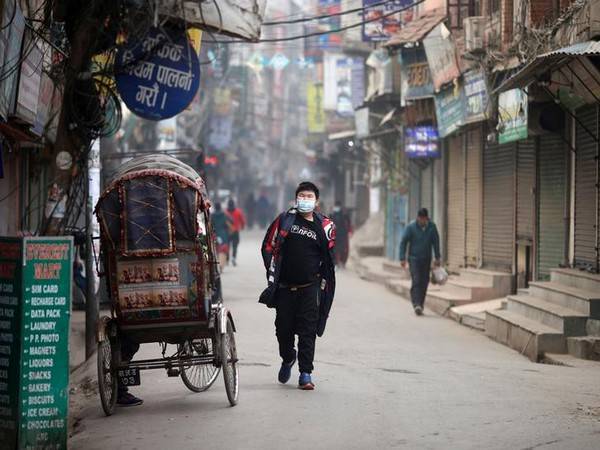
“In plain words, that means more players and greater capabilities whose full potential needs to be aggressively explored. It is only then that we can strengthen global resilience and confidence. Clearly, that means de-centralized globalization, with multiple supply chains and more engines of growth. It is only with such redundancy that the world can face the next pandemic better than we are doing the current one,” S Jaishankar maintained.
As regarding pace and quality of India’s development, he said, “We thus have a unique opportunity to embrace a greener and more technology-driven future. But this needs the requisite global partnerships and resources. Let us appreciate the implications of 140 million households moving into middle class, even as another 20 million reach the high-income bracket.”
“The winds of change have been blowing harder in India, especially in the last seven years. They can make universal access to power, piped water and affordable housing realizable goals within a generation. As India urbanizes like the rest of the world, a Smart Cities Mission covering a hundred locations is addressing challenges holistically through retro-fitting, re-development, green field and pan-city development,” the EAM said. (IndiaNewsNetwork)
ALSO READ: ‘One million extra deaths due to Covid-19 in 29 countries’
